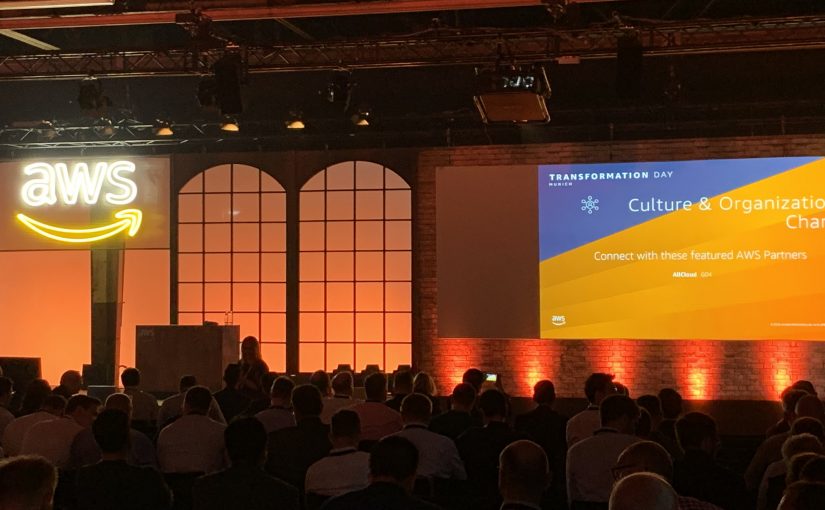“Culture eats Strategy for Breakfast” is a quote that is often attributed to Peter F. Drucker, but was apparently coined by Ford’s Mark Fields. Whoever said it, both have plenty of business acumen to take some credit for the thought behind it. There statement has lot of truth in it, looking into corporate structures.
With the arrival of digitalisation it is more true than ever before. All verticals struggle with fundamentally changing markets, forcing them to innovate in technology and services, and strive for new business models. In this environment it is crucial to embrace change, which enterprise culture often outright rejects.
Change Management has been a topic in management and HR for many years, and never has been so fundamental to organisational success as it is nowadays. Technology is converging at a breathtaking pace. The Internet of Things, as an example, requires electrical & mechanical engineers to cooperate with computer scientists and data analysts to produce a product a usability engineer designed jointly with a designer. Fundamentally different schools of though define the success of a product, and even consumer and enterprise grade of products converge in their appearance.
At the same time, the technologic ecosystem has outgrown individual organisations capabilities. Partnerships with technology vendors require management while intellectual property needs defence at the same time.
Organisations develop anti-patterns like “Silo Thinking” or “Not invented here” syndrome. While these cultural behaviours are tolerable in less dynamic situations, their effect can quickly go out of bounds and create a substantial counterforce to any change infused through external factors.
Embracing an open ecosystem and building on technologies developed outside the own organisation are fundamental to innovation. This open mindset is a prerequisite for any change into agility. Any strategy aiming for change ignoring these behaviours will be eaten by this exact culture. For breakfast.

